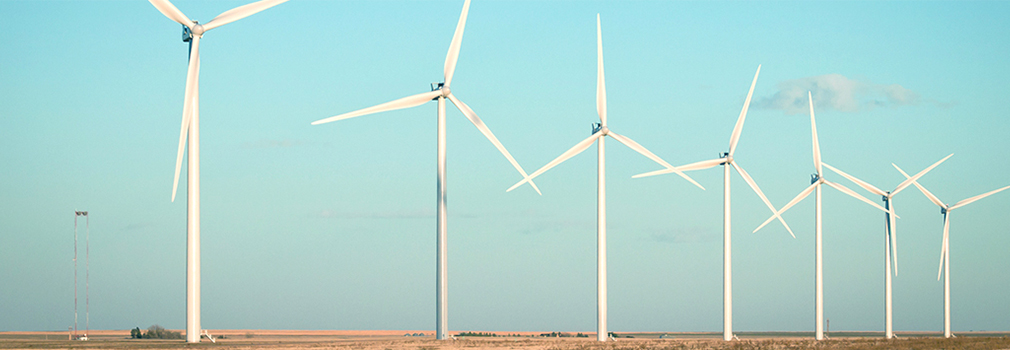Energy storage projects in the works

To help move the clean energy transition forward, Xcel Energy is working with Form Energy Inc. to install two battery systems at two Xcel Energy power plants. The new energy storage is capable of storing energy for multiple days, which will help maximize the use of Xcel Energy’s low-cost renewable energy. Form Energy is an American technology company developing and commercializing a new class of cost-effective, multi-day energy storage systems. Its iron-air battery technology is capable of storing electricity for 100 hours at costs competitive with traditional power generation.
“We’re on track to reduce our electric system carbon emissions 80% by 2030 and to deliver carbon-free electricity by 2050,” said Bob Frenzel, chairman, president and CEO of Xcel Energy. “As we build more renewable energy into our systems, our partnership with Form Energy opens the door to significantly improve how we deliver carbon-free energy so that we can continue to provide reliable and affordable electric service to our customers well into the future.”
Each of the two 10-megawatt/1,000-megawatt hour batteries will store enough electricity to power about 2,000 homes for four to five days. One system will operate at Xcel Energy’s Sherco Generating Station in Becker, Minnesota, and the other will be installed at the Comanche Generating Station in Pueblo, Colorado. Both are coal plants slated for retirement by 2030 as part of Xcel Energy’s clean energy transition.
Storing renewable energy in battery systems will help maintain grid reliability and keep customer bills low.
The battery systems will store excess renewable energy and return it to the electrical grid when it’s needed. This will enhance Xcel Energy’s ability to reliably and cost-effectively integrate large amounts of wind energy and other renewable resources on its system and increase reliability during normal weather fluctuations and extreme weather events.
Both projects are expected to come online as early as 2025 and are subject to regulatory approvals in their respective states.



